Azpeitia will explore the importance of respiratory spaces in the revitalization of minority languages
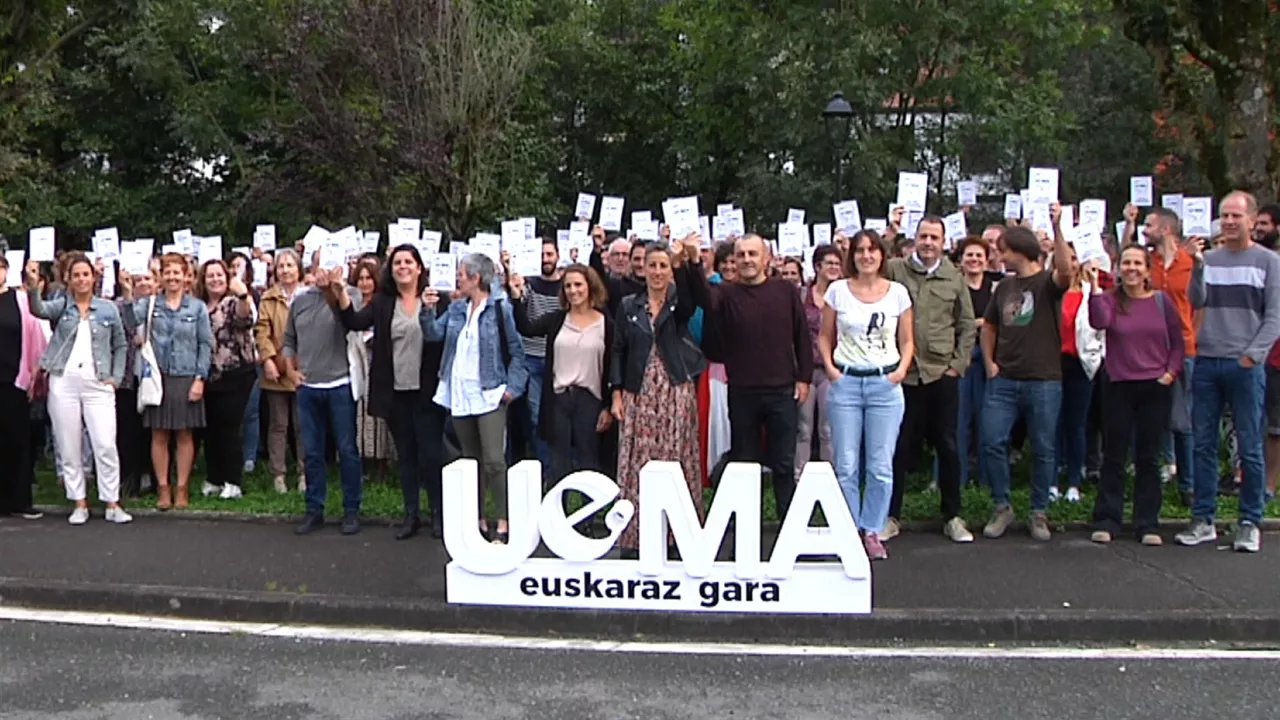
The importance of the Basque breath centres and their role in the processes of revitalizing minority languages will be discussed this week in Azpeitia at the international conference Arnasgunes in the Revitalization of Minority Languages , which will take place on 16 and 17 October at the Soreasu theatre from 9:00 to 18:00.
The event will be face-to-face and will last a total of 15 hours. Registration to participate will be open until October 15 .
As explained by the organizers, the aim of the conference is to reflect on the importance of respiratory areas in the revitalization of minority languages and to make proposals and measures to strengthen the sociolinguistic situation of minority languagesin respiratory areas.
Sociolinguistics, linguistic policies and social movements in favour of the Basque Country have focused their attention on the so-called "respite zones" in the Basque Country. Similar areas are known in Europe and the world as "high-density speaking territories", "language strongholds" or "Bernacular communities" in the field of minority languages and linguistic minorities.
In places like this, minority language is used more naturally , developing language habits, and it is transmitted from generation to generation, and is an appropriate centre of socialization and use for new speakers.
The Arnasgunes therefore play a strategic role in the future of minority languages and in the processes of revitalization, and the organizers stress that their sociolinguistic situation is often representative of the general health of the linguistic community, "because the community of non-respiratory speakers is in a state of extinction and the languages in a strong state have broad geographical airspace", as noted by Asier Basurto Arruti , member of the Sociolinguistic Cluster: "The sociolinguistic health of a respiratory area is usually a reflection of the general health of the linguistic community."
In this regard, the organizers stress the need for priority attention in public policies: "To stimulate and nurture social dynamics in these environments in favour of minority language, especially in terms of demographic, educational and socio-economic conditions, is to work towards the future of minority languages."
You might like
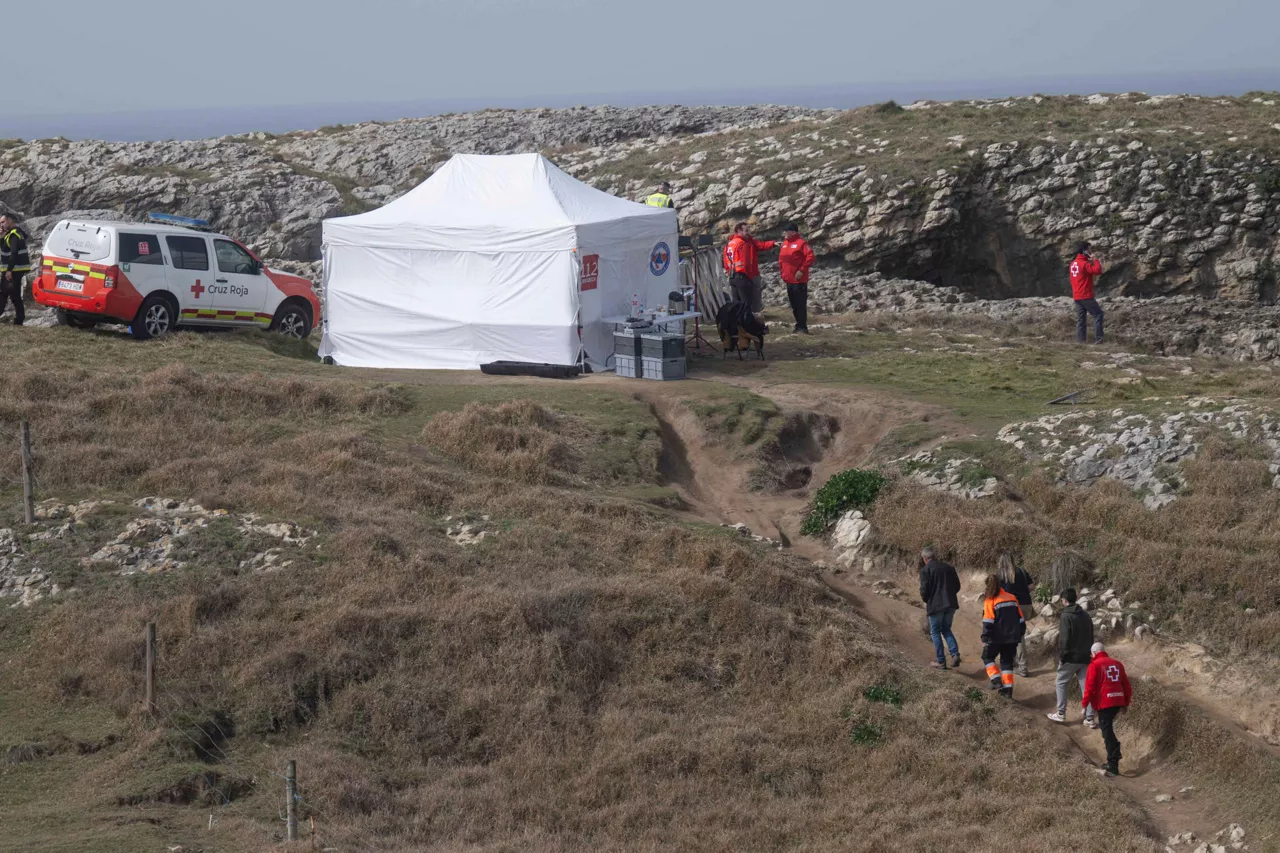
Barakaldo and Balmaseda have expressed their condolences for the three young Biscayans who died in Santander
They died in an accident this Tuesday when the El Bocal Coast Pass in Santander collapsed. In addition, another girl from Álava is hospitalized.

The Basque Government offers assistance to the families of the people killed in Santander
The Ertzaintza has alerted the families to the death of three young Basques: two 19-year-old girls from Barakaldo and a 21-year-old boy from Balmaseda.

Osakidetza will begin screening for the human papilloma virus for women over 30 years of age
The pilot project will begin in Donostialdea and Tolosaldea and then extend to all of Gipuzkoa, including Álava and Bizkaia.
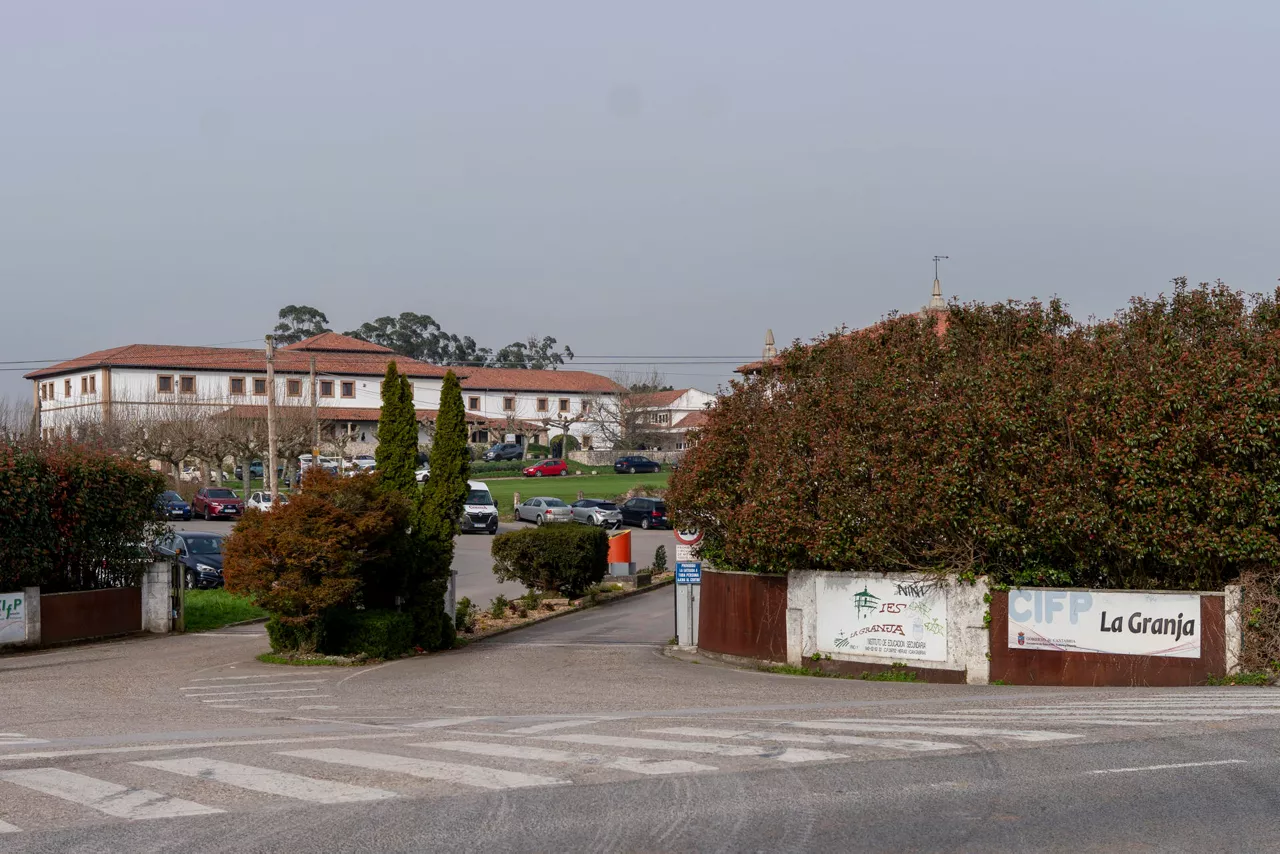
The victims were students from La Granja de Heras, a reference centre for agricultural and environmental training
The victims of the tragedy participated in the cycle of Senior Technician in Animal Husbandry and Animal Health Care, a center that prepares students to manage livestock farms and collaborate with veterinary teams.
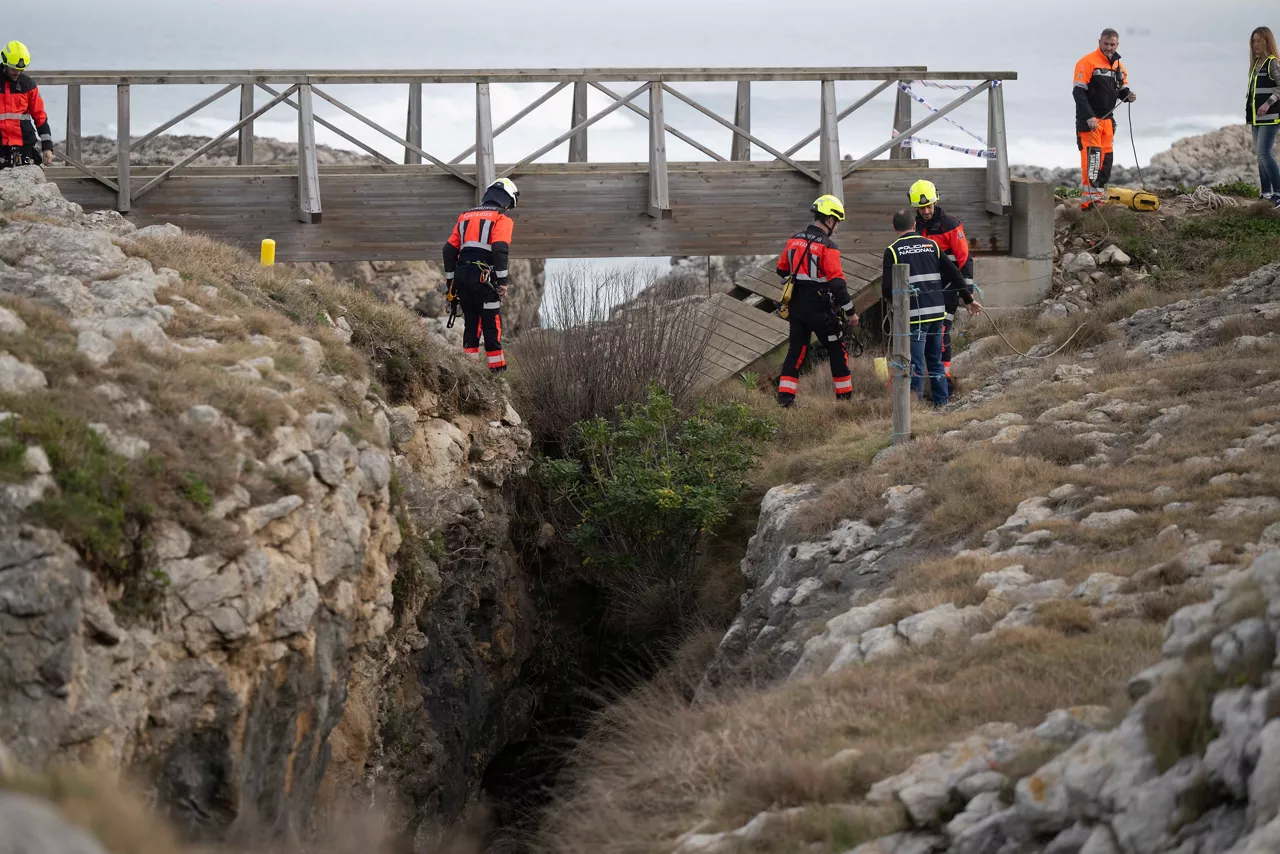
What do we know about the Santander accident?
The circumstances of the accident on Tuesday afternoon at the El Bocal Coast Pass in Santander, one of which collapsed and killed five people, including three Basques.
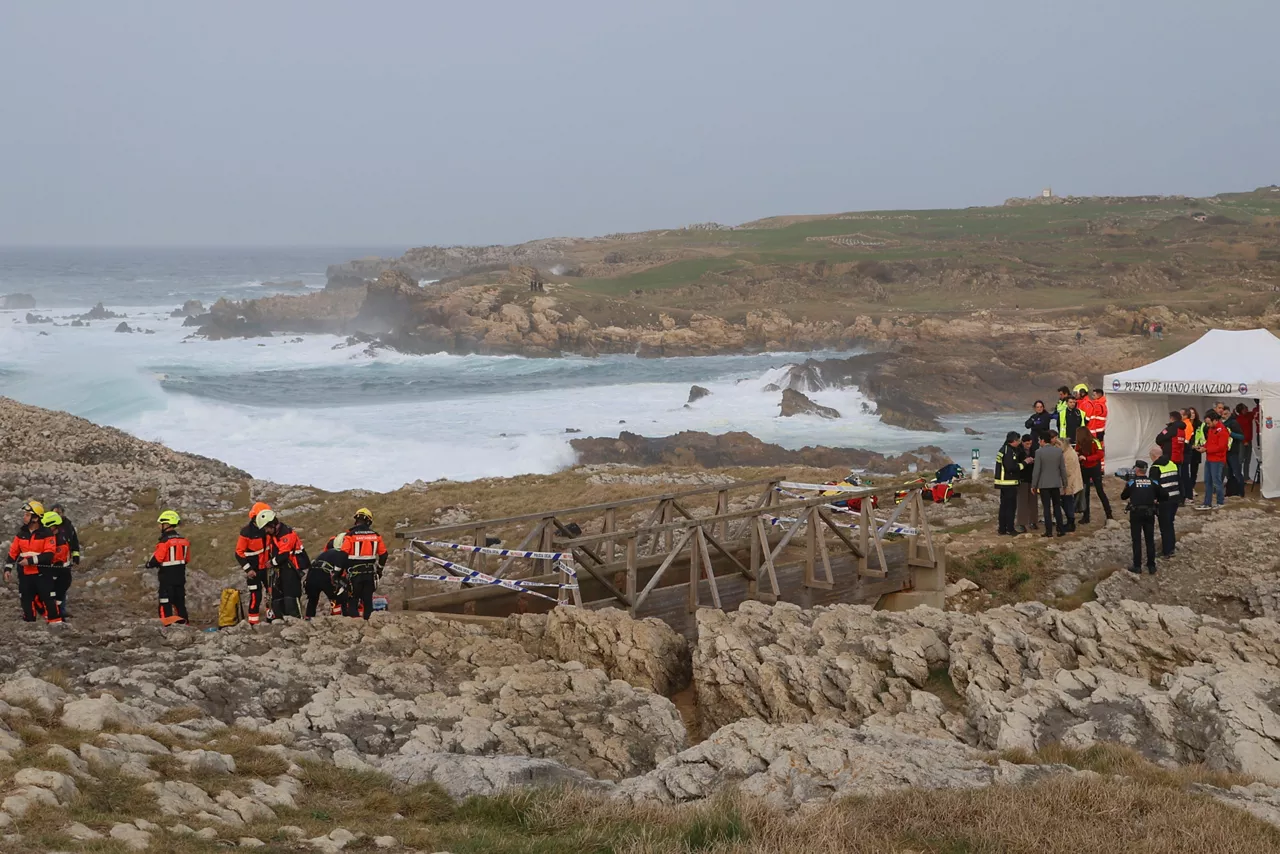
A girl from Elvillar (Álava) remains in the intensive care unit as a result of the accident in Santander
The young man, from Elvillar, is in serious condition at the Marqués de Valdecilla University Hospital.

Two young men from Barakaldo and one from Balmaseda, among those killed in the Santander accident
According to the Government Delegation in Cantabria, the five deceased are two 19-year-old girls from Barakaldo (Bizkaia), a 21-year-old boy from Balmaseda (Bizkaia), another 22-year-old from Igollo de Camargo (Cantabria) and another from Almería (20), while the girl who has been hospitalized since yesterday is from Elvillar (Álava).

Will there be supply problems at the gas stations in the Basque Country? No cause for alarm, according to service stations
More cars have been running gas stations in the last few days and there have been some supply problems.

News: The decisive night in Anoeta, the conflict in the Middle East and the appearance in Paris of the body of a Tolosarra
A summary, in two words, of what will be news today in the Present.
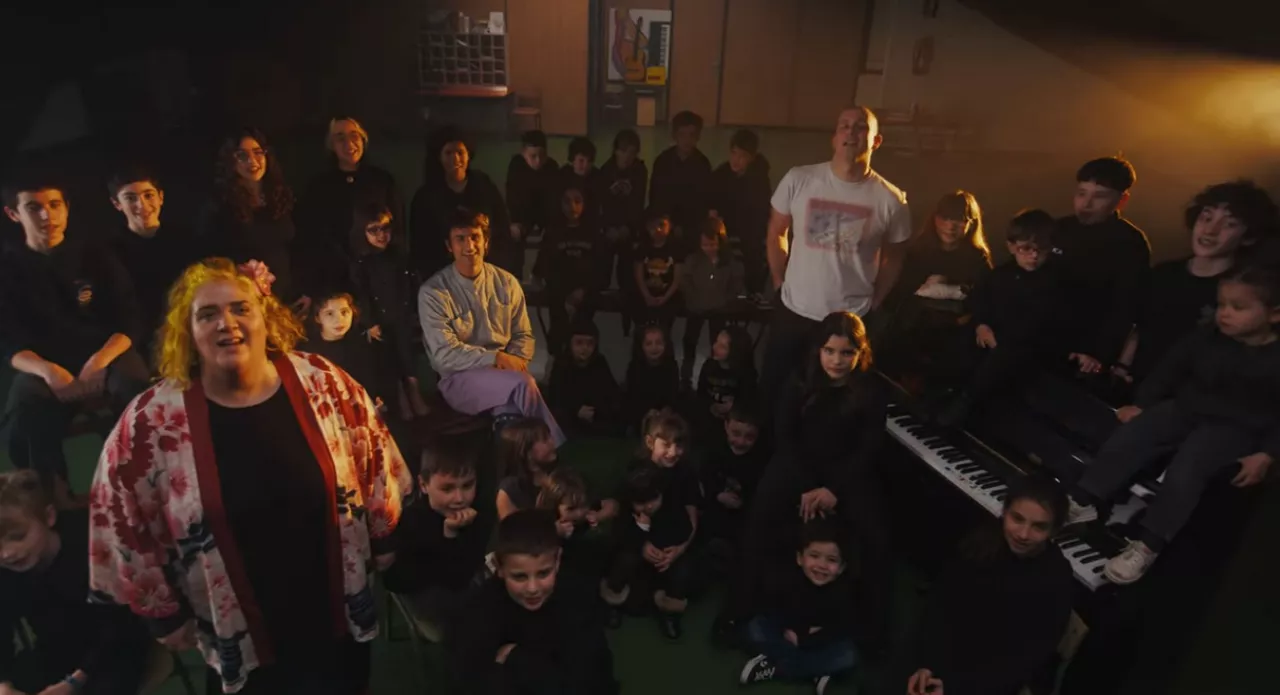
This year's song of the march, "Hiri Kiribili Bil", has been presented
The ikastola Kirikiño of Bilbao has organized this year's festival for the ikastolas of Bizkaia, composed and performed by Aiora Renteria (Zea Mays), Unai Madariaga (Ezez) and the trio Txopet.

